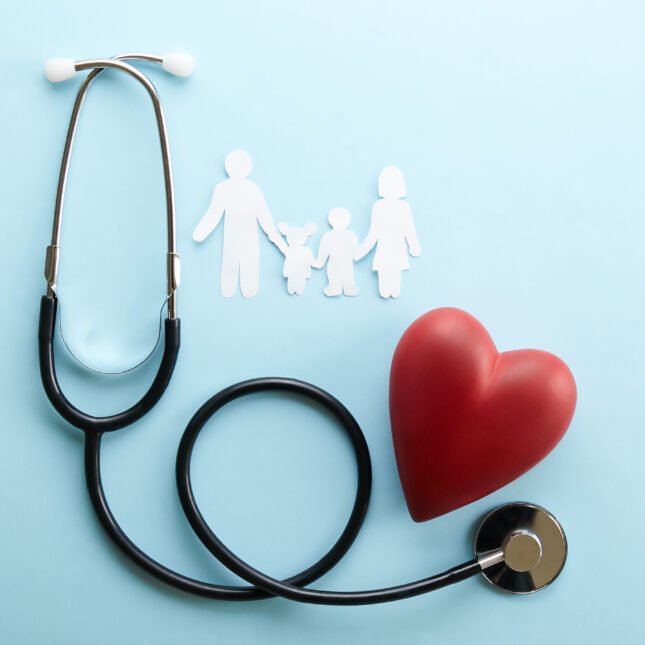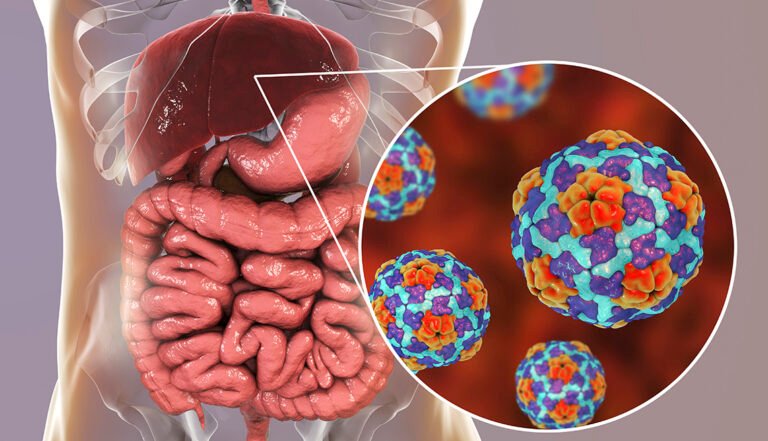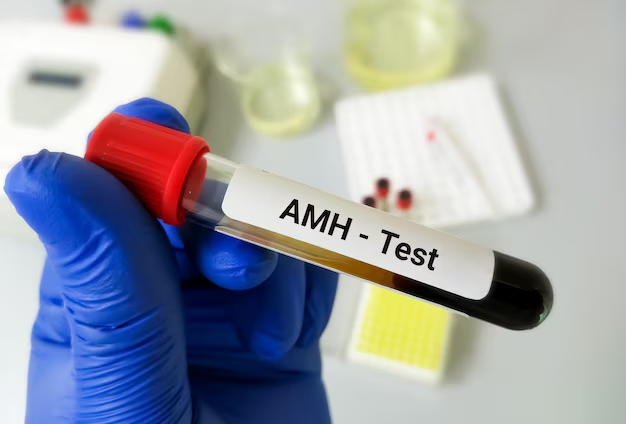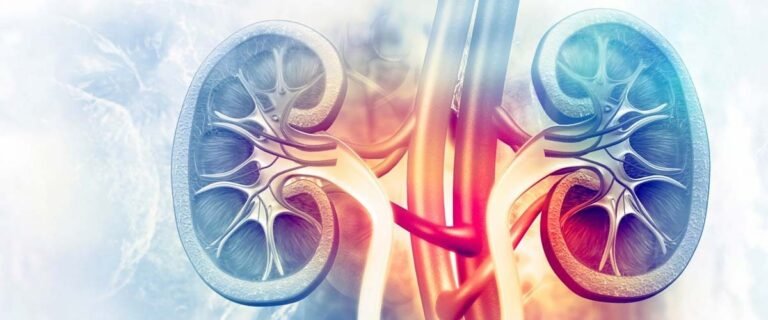Understanding Preventive Health Screening: A Gateway to Better Health
Preventive health screening is a cornerstone of modern medicine, designed to catch potential health issues before they become serious problems. By identifying risks early, these screenings empower individuals to take control of their health and make informed decisions about their well-being. Let’s delve into what preventive health screenings are, why they matter, and how they can make a difference in your life.
What is Preventive Health Screening?
Preventive health screening involves medical tests or procedures performed on individuals who may not yet show disease symptoms. These screenings aim to detect early signs of conditions like diabetes, high cholesterol, cancer, or cardiovascular diseases.
Common examples include:
- Blood Pressure Checks: To monitor hypertension, a leading cause of heart disease.
- Cholesterol Tests: To assess heart health and stroke risk.
- Blood Glucose Tests: To identify early signs of diabetes.
- Mammograms: For early detection of breast cancer.
- Pap Smears: To screen for cervical cancer.
- Colonoscopy: To identify colon cancer or pre-cancerous polyps.
Why is Preventive Health Screening Important?
- Early Detection Saves Lives
Detecting a disease in its early stages often means better treatment options and improved survival rates. For instance, cancers detected early can be treated more effectively, significantly increasing the chances of recovery. - Cost-Effective Health Management
Preventive care is typically less expensive than treating advanced stages of diseases. Regular screenings can help avoid costly hospitalizations and long-term medication. - Improved Quality of Life
Identifying and managing risk factors like high blood pressure or high cholesterol early can help you lead a healthier, more active life. - Peace of Mind
Routine check-ups and screenings can reassure you that your health is on track or provide the information needed to address potential issues promptly.
Who Should Get Screened?
Preventive screening benefits everyone, but recommendations may vary depending on age, gender, medical history, and lifestyle. For example:
- Children and Adolescents: Immunizations, vision, and developmental screenings.
- Adults in Their 20s and 30s: Blood pressure, cholesterol, and mental health checks.
- Adults Over 50: Colonoscopies, bone density tests, and more frequent cancer screenings.
Consult your healthcare provider to determine the screenings appropriate for your age and risk factors.
Preparing for a Preventive Health Screening
- Know Your Family History
Some conditions, like diabetes or cancer, have a genetic component. Share this information with your doctor. - Follow Pre-Test Instructions
Certain screenings, like fasting blood tests, require preparation. Ensure you follow the guidelines provided by your healthcare provider. - Ask Questions
Don’t hesitate to ask your doctor about the purpose of a test, what it measures, and what the results mean.
Preventive Health is a Lifelong Commitment
Health screenings are not a one-time event but a continuous journey. Regular check-ups and discussions with your healthcare provider ensure you’re always one step ahead of potential health concerns.
By embracing preventive health screenings, you’re investing in your future—reducing your risk of disease, managing conditions effectively, and ensuring a higher quality of life.
Take the First Step Today
Make preventive health screening a priority in your life. Schedule an appointment with your healthcare provider or local diagnostic center and take charge of your well-being. Your health is your most valuable asset—protect it!







